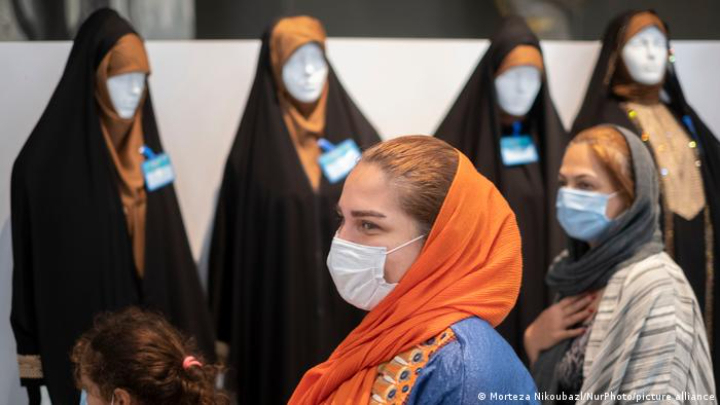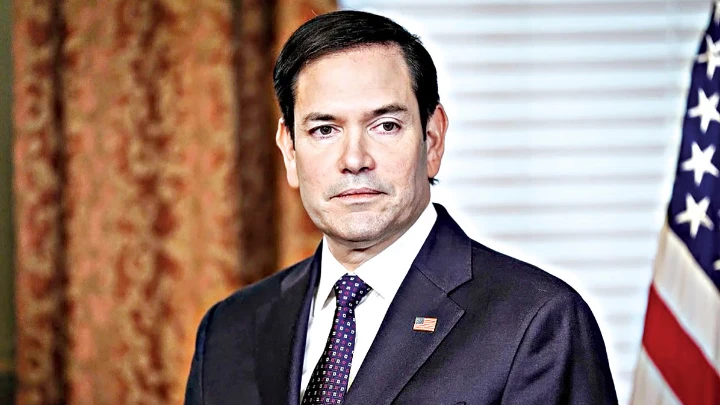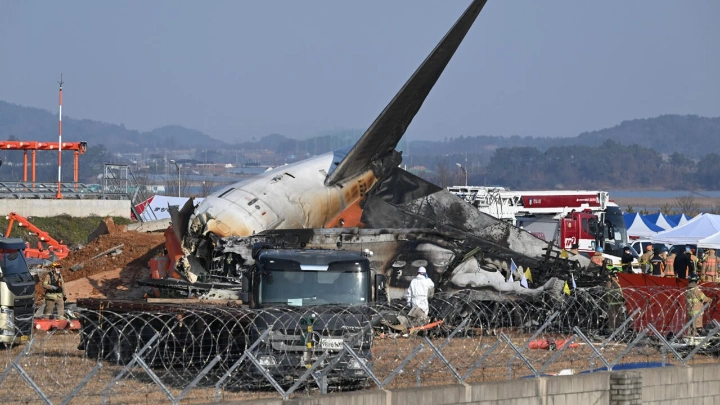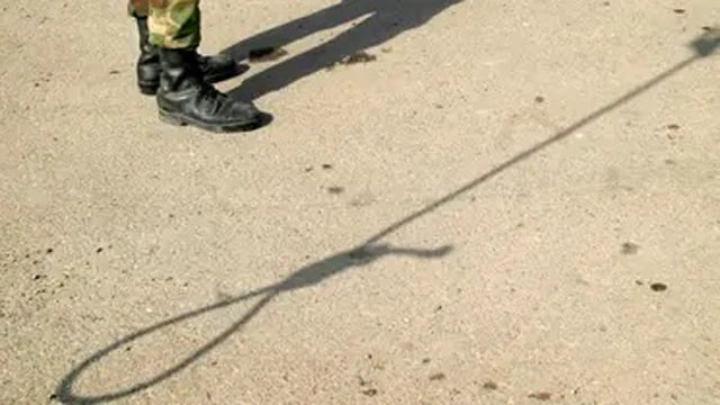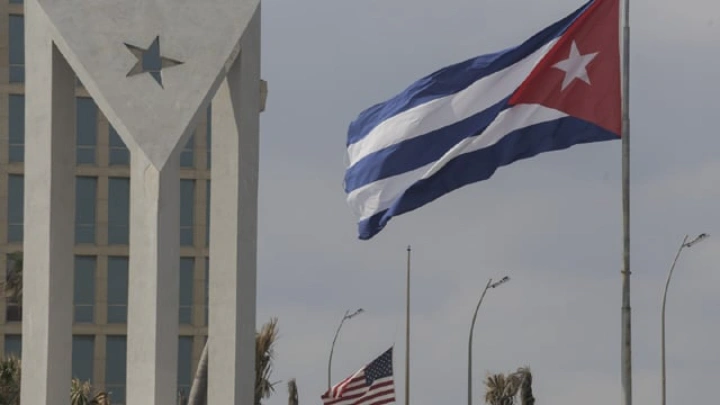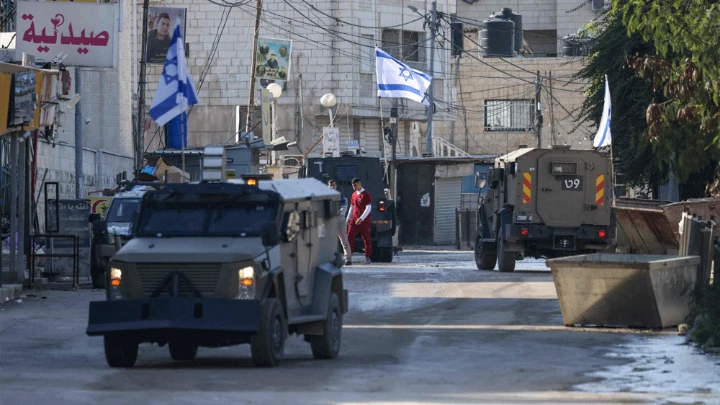The "morality police" of Iran What do they enforce?
Shining BD Desk || Shining BD
The death of Mahsa Amini, who was arrested for allegedly not wearing her hijab correctly, has brought Iran's "morality police" under scrutiny. Who are they and what is their mission?
The so-called morality police arrested 22-year-old Mahsa Amini in Tehran for wearing what they deemed inappropriate clothing and took her to a police station, where she slipped into a coma. Three days later, she died in a hospital. Her death sparked widespread anger and led to anti-government rallies that continue to embroil dozens of cities, according to videos posted on social media.
President Ibrahim Raisi’s government has deployed security forces, to crack down on the protesters.
So, what exactly is the "morality police" force and how does it operate?
 Protests erupted in Tehran and other cities soon after Mahsa's death, leading to another anti-government riot.
Protests erupted in Tehran and other cities soon after Mahsa's death, leading to another anti-government riot.
What does the 'morality police' do?
"Gasht-e-Ershad," which translates as "guidance patrols" and is widely known as the "morality police," is a unit of Iran’s police forces tasked with enforcing the laws on Islamic dress code in public.
According to the regulation, all women above the age of puberty must wear a head covering and loose clothing in public, although the exact age is not clearly defined. In school, girls typically have to wear the hijab from the age of 7, but that does not mean they need to necessarily wear it in other public places.
A major part of Iran’s social regulations is based on the state's interpretation of Islamic Sharia law, which requires both men and women to dress modestly. However, in practice, the "morality police" primarily target women.
There are no clear guidelines or details on what types of clothing qualify as inappropriate, leaving a lot of room for personal interpretation and sparking accusations that the "morality" enforcers arbitrarily detain women.
 When arrested, Mahsa Amini was wearing what is widely considered conventional by Iran's standards: A long, plain black dress with a black and white headscarf
When arrested, Mahsa Amini was wearing what is widely considered conventional by Iran's standards: A long, plain black dress with a black and white headscarf
Those detained by the "morality police" are given a notice or, in some cases, are taken to a so-called education and advice center or a police station, where they are required to attend a mandatory lecture on hijab and Islamic values. They then have to call someone to bring them "appropriate clothes" to get released.
Morality police also enforce dress code
In addition to cracking down on hijab violations, the government promotes its version of Islamic dress code in schools, national media and public events.
However, many Iranian women have found ways to defy the ultraconservative dress codes. Many have pushed the boundaries by wearing tight-fitting garments and using the headscarf as a colorful accessory, exposing a lot of hair. Again, there are no hard-and-fast rules on how much hair can be exposed.
A 2018 survey published by Iran's parliament showed that between 60 to 70% of Iranian women do not follow " the Islamic dress code" strictly in public.
Activists have fought against compulsory hijab for decades, with several of them currently in prison.
Under Raisi’s ultra-conservative administration, the "morality police" has increased its presence in big cities. In response, thousands of women began to go out in the streets without a headscarf and some shared videos of themselves online to encourage others.
After a video of a woman pleading to the "morality police" officer for her sick daughter's release went viral in July, the calls grew for the dissolution of the force.
In an unprecedented move, hundreds of religious women began to speak up against compulsory hijab online. Even some conservative figures, including members of parliament, began criticizing the law and the police force, saying that it has had a negative impact on public attitudes toward the hijab and religion in general.
Why won't the government ditch the morality police?
Raisi’s government is grappling with serious problems such as staggeringly high inflation, heavy international sanctions on its economy, a water crisis and regional tensions.
Public discontent has been skyrocketing. In recent years Iran has witnessed several nationwide riots that have turned violent, with regional rallies taking place sporadically in different parts of the country.
Nonetheless, some observers say that Raisi has no choice but to keep the "morality police" to please the hard-liners whose support he needs.
"The system (government) will lose a big part of its supporters forever, without gaining the support of those who are protesting," wrote independent journalist Fereshte Sadeghi in a tweet. "the protesters want a lot more than ditching compulsory hijab and they will keep protesting," she says, hinting at the myriad crises facing the country, with the recent violence and demonstrations over strict dress codes being just one of many.
- Author Monir Ghaedi
Shining BD

